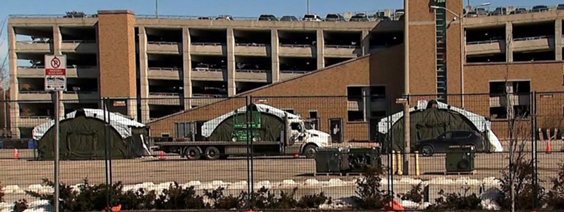This morning, Denmark, Norway and Italy suspended the use of the AstraZeneca vaccine citing concerns for the risk of developing blood clots.
Earlier this week, Austria (and later Estonia, Lithuania, Luxembourg and Latvia) suspended the use of one specific batch of the AstraZeneca vaccine — batch ABV5300 — after “a person was diagnosed with multiple thrombosis,” according to EMA.
This points to the fluid concerns of not only side effects of certain vaccines but also the batch used. Hence the importance for the use of our Immunity Passport (see below) to track these data points and more.
Vaccines mount an immune response. This means that to some degree, we will all experience inflammation, caused by the vaccination which results in symptoms such as aches and pains, fever and chills. For those with pre-existing cardiovascular factors (high cholesterol, high blood sugar and diabetes, auto-immune conditions, and proven heart disease, stroke or blood clotting history), there exists a higher risk of a more pronounced inflammation effect in blood vessels, resulting in blood clots.
We know COVID-19 causes clotting problems. Hence the higher risk of post COVID-19 related heart attacks and strokes. Therefore, I’m not surprised that a vaccine could mount a higher inflammatory response which may cause blood clots.
Reflection of an Anniversary
Today marks the one-year anniversary since the start of the COVID-19 pandemic in North America. By now we’ve all experienced hundreds of days of lockdown.
From my vantage point, I’ve seen the toll, not only in COVID-19 related illnesses and death, but also the impact of social isolation on our mental health. I’m glad to see that the vaccines are finally rolling out into the community. They can’t come soon enough.
But make no mistake, the risk of a WAVE 3 is real. And here’s why:
- Variants make up 40% of the strains in the GTA
- In Ontario, their most recent summary showed: 921 cases of B.1.1.7 (aka UK variant); 39 cases of B.1.351 (aka South African variant); and 17 cases of P.1 (aka Brazilian variant) are now the dominant strains.
- In many parts of the United Sates, for example, in Florida the B.1.1.7 (UK strain) comprises 20% of the positive tests.
- Quebec just confirmed their first case of the Brazilian strain which is generally resistant to the vaccines presently available on the market.
- Yesterday, UK studies confirmed that not only is the B. 1.1.7 strain more contagious, but it is 30% more lethal.
Need more proof? Check out this photo again. Guess where this COVID-19 Field Hospital is getting ready for Wave 3 this Spring/Fall?

We are in a race against time to get as many people as possible vaccinated, in order to reduce the spread of viruses and hence mutations.
I support the plan to get as many shots as possible into arms now and delay the second shot booster two months later (vs 21-28 days). In fact, these second shots may not be as important if we get into a new wave of variants. We will need new vaccine boosters that cover the new variants. All the existing market vaccines are not as effective in covering the newer strains because they were developed off the first SARS-Cov2 Wuhan strain.
Read my commentary about the second shots on LinkedIn.


